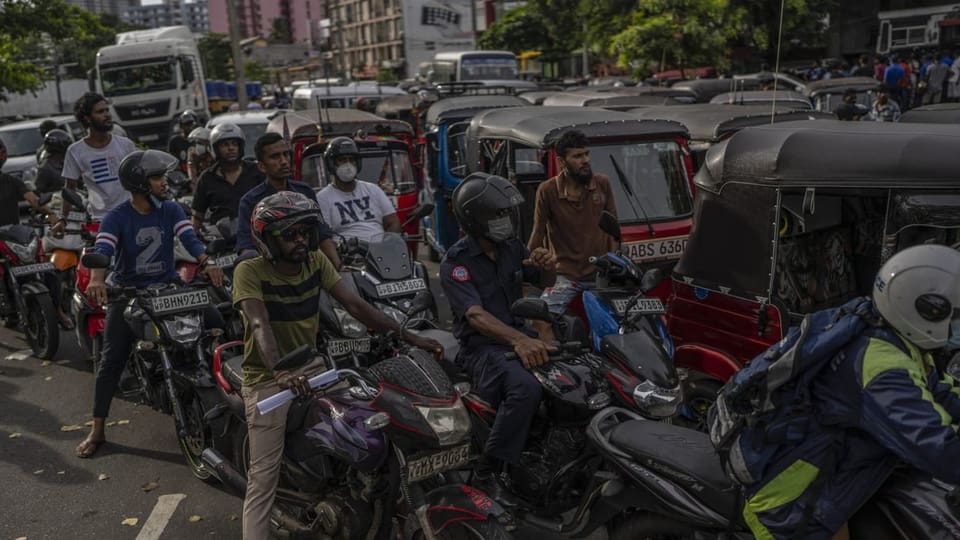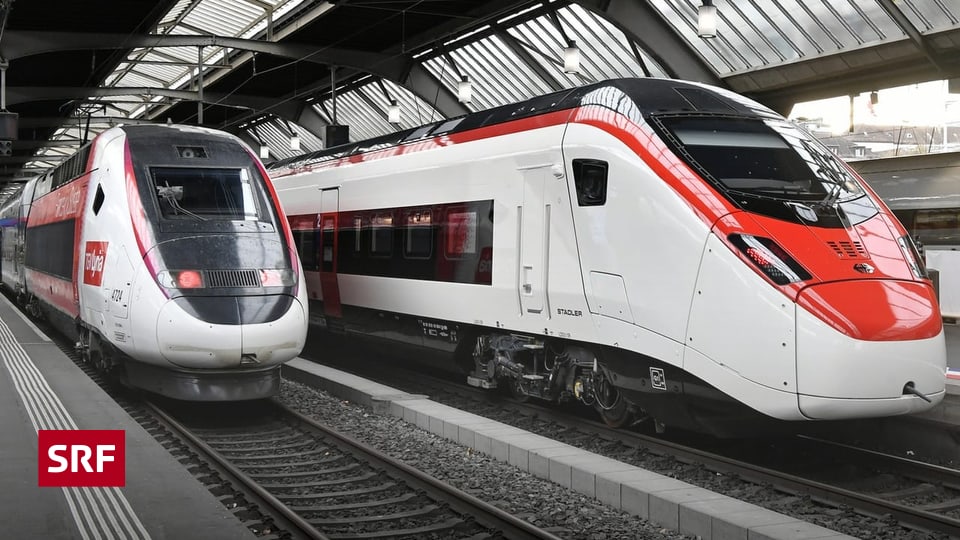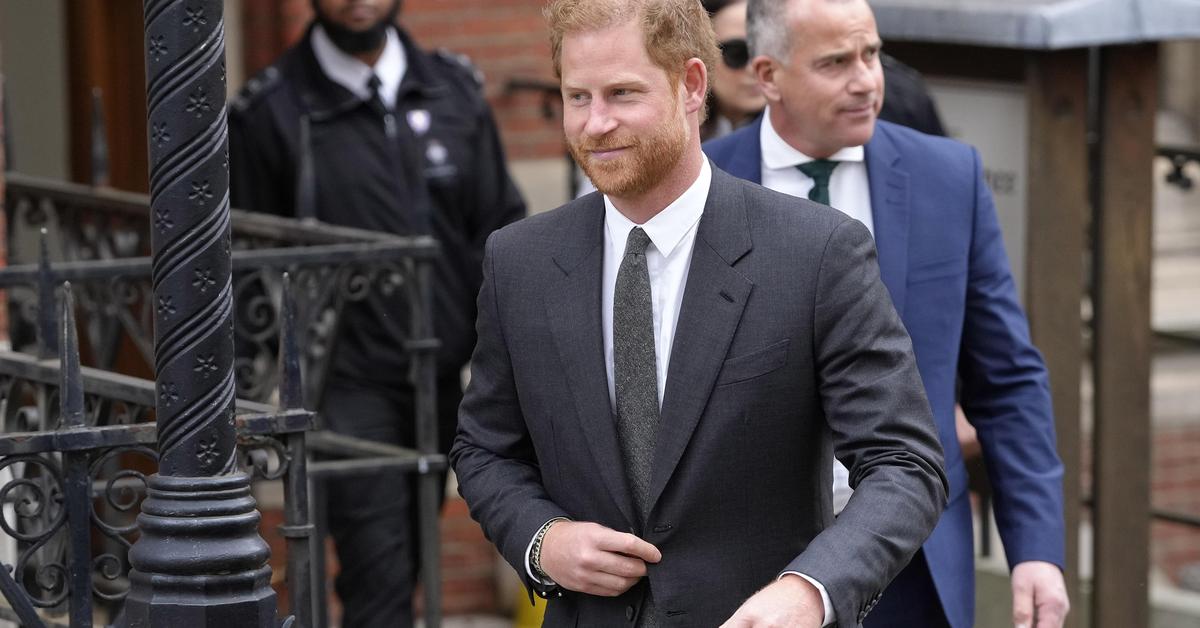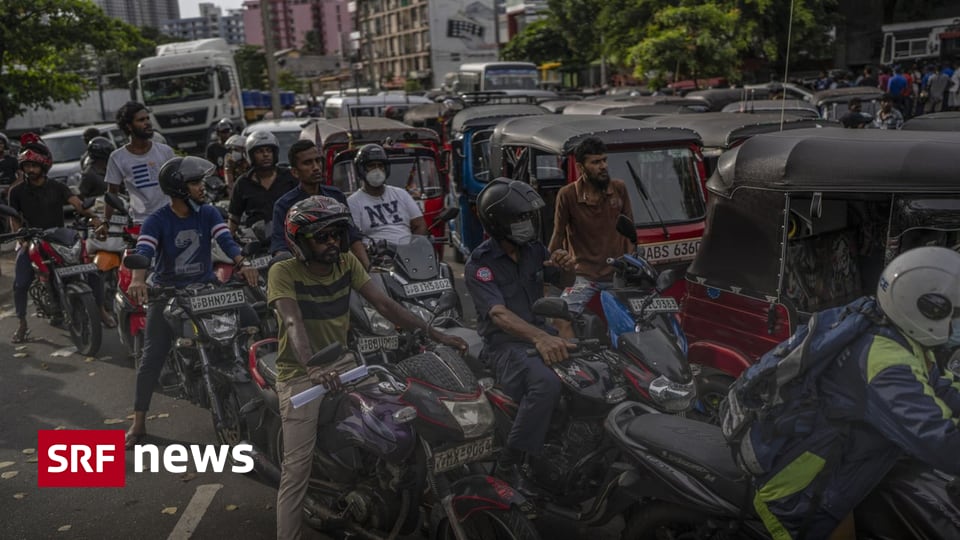100 days ago, the first demonstrations began in the Sri Lankan capital, Colombo, against the supply situation in the country and against the government’s economic policy. The protest movement that emerged has now forced the prime minister to resign. A week ago, the presidential palace was stormed and President Gotabaya Rajapaksa was defeated.
But what remains are the huge problems facing Sri Lanka: a bankrupt country that lacks almost everything from food to fuel to medicine. Stephen Winkler reports in Colombo on the situation in the country.
SRF: How is the mood among the population?
Stephen Winkler: The streets are almost empty. But there are long queues of cars and auto rickshaws in front of gas stations. They wait there for days to get gasoline or diesel. Most of them use bicycles.
Some foodstuffs are now rationed. In addition, prices have increased significantly. What does this mean for the population?
Many people can only tolerate two meals a day. This is also due to the fact that local products no longer come to the cities because there is no longer any fuel. Added to this is the sharp increase in food prices.

Caption:
Rishka and motorcyclists in Sri Lanka wait for hours and days in front of a petrol station for a ration of petrol.
stone key
What about health care?
this is a disaster. There is no shortage of medicines just because of the lack of foreign exchange. Some hospitals have also switched to emergency operations because staff can no longer drive to their workplace. In addition, other sectors of the economy suffer as well. Long daily power outages result in production losses. So international companies are looking for other producing countries. And the very important sector of the economy, tourism, which has been recovering from the epidemic since last October, has now collapsed again.
These problems can be resolved in a few weeks. Are the people of Sri Lanka aware of this?
Yes, word spreads. There are demands for political change, but whoever it is will face this great challenge. And there will be no noticeable improvement in a few months either.
Official power is currently vested in Prime Minister Ranil Wickremesinghe. He has a good chance of being elected interim president. What do people think about him?
The people I talk to say that Wickremesinghe represents the old order and is not seen as a man of change. But there are also voices saying that we need an experienced politician at the head of the country who can conduct international negotiations.
In the protest movement, tense social groups, such as Sinhalese and Tamils, as well as Buddhists and Muslims, united. Now that the old leadership is gone, could this unit break down again?
Yes, this is a risk. Many government critics say that economic reforms must also be followed by political reforms. This includes improving the human rights situation and the rule of law and taking consistent action against discrimination against religious and ethnic minorities. In any case, these demands remain on the table and the implementation of these demands is required internationally.
The conversation was led by Matthias Kundig.

“Tv specialist. Friendly web geek. Food scholar. Extreme coffee junkie.”



![Upgrade using 20 GPUs and 20 CPUs in testing [Update 3]](https://www.pcgameshardware.de/screenshots/original/2022/10/Manor-Lords-01-pc-games_artwork.jpg)



More Stories
Train Travel in Europe – Train Delays and Cancellations: Who Pays the Extra Costs? – Espresso cash register
Car or public transportation? The Swiss and Americans commute to work very differently
Pedro Sanchez is considering resigning after filing a complaint against his wife